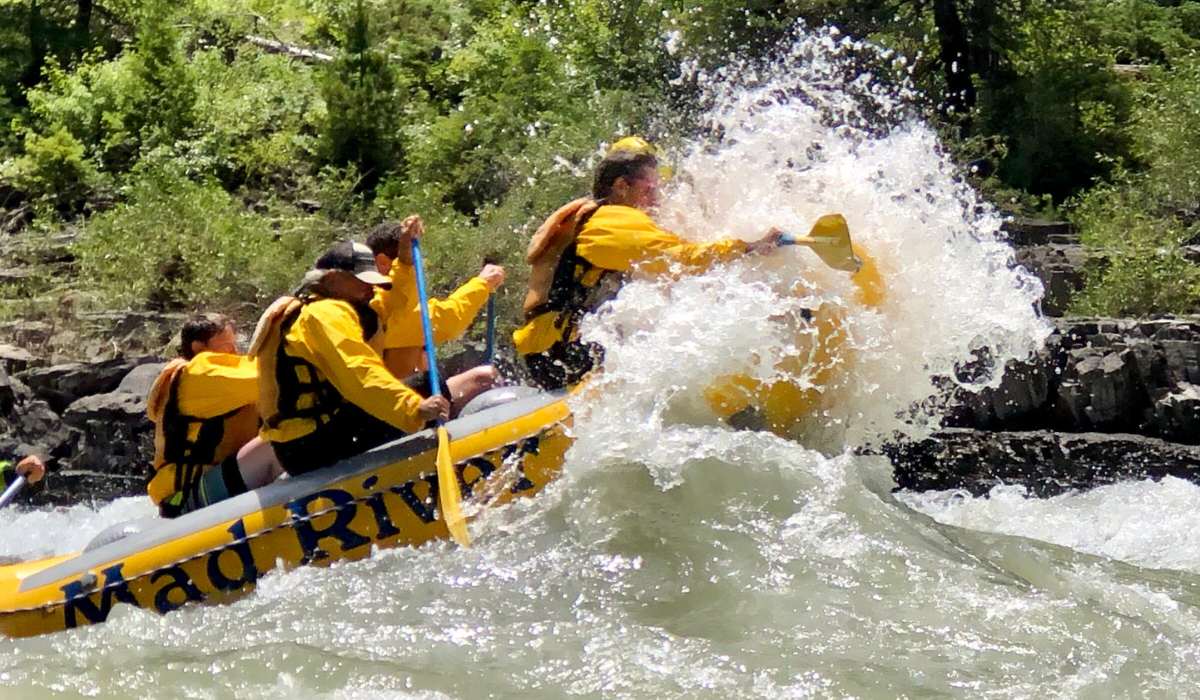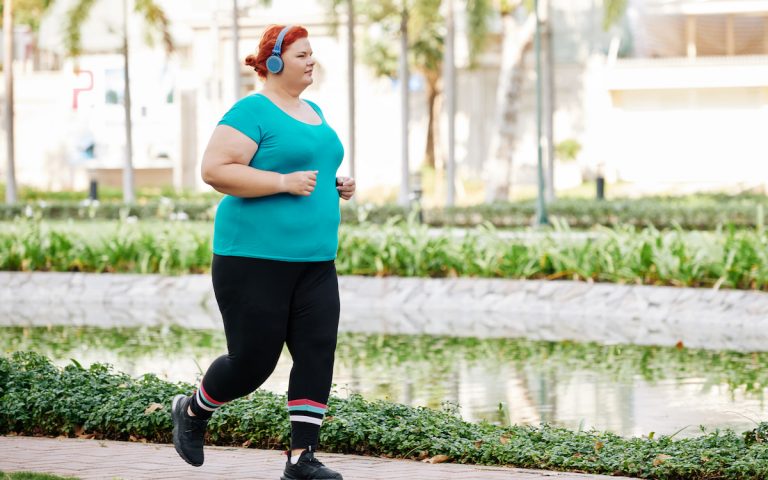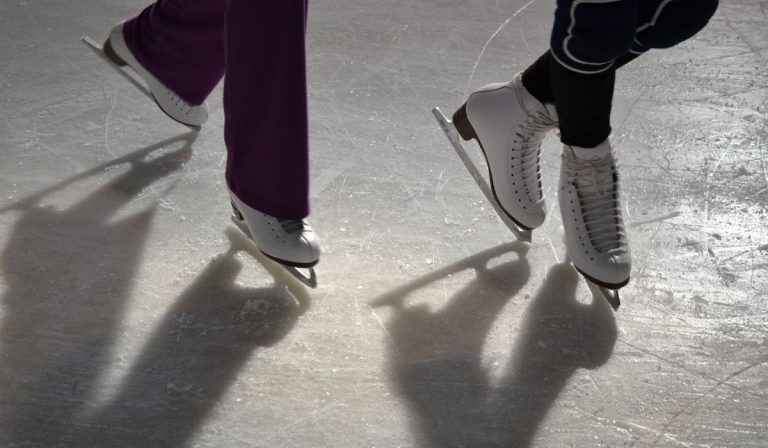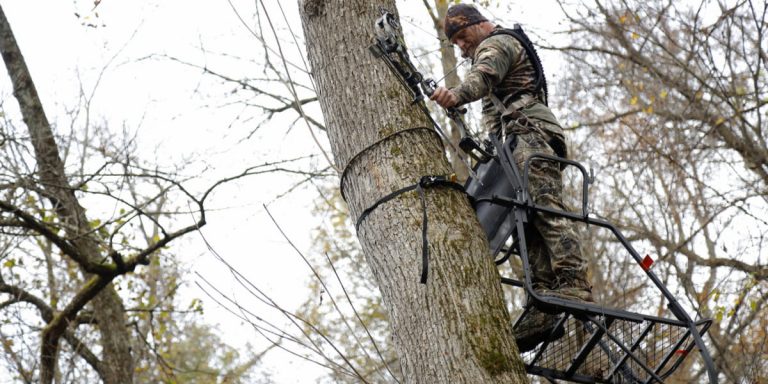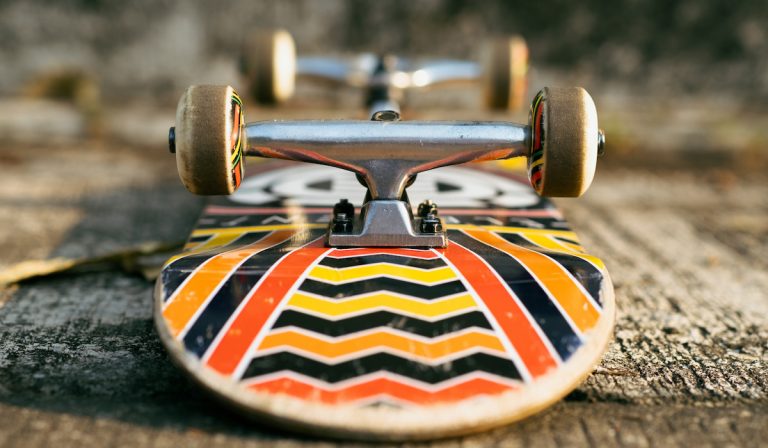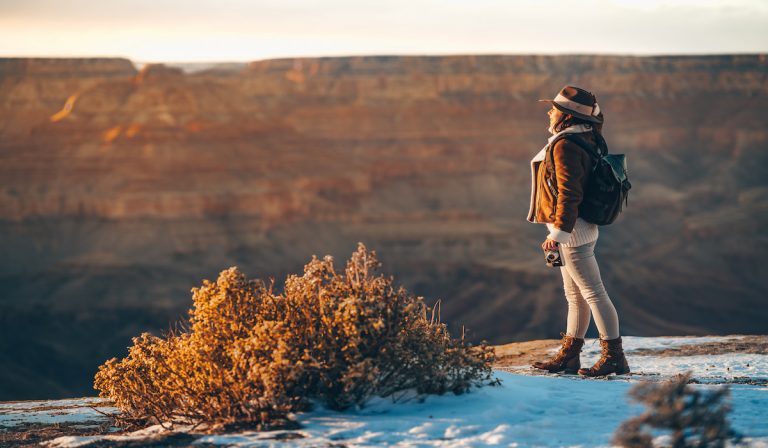Overweight Whitewater Rafting
You’ve seen how much fun whitewater rafting is; now it’s your turn to give it a try! Don’t let concerns about weight or size get in the way of a great time.
Where there’s a will, there’s a way. Soon enough, you’ll be barreling down a river with a huge smile on your face.
Many whitewater rafting companies require people to weigh between 90-275 pounds for safety reasons. Others can accommodate people of all sizes.
Whitewater rafting is totally possible for larger people. Doing things like getting into the boat from the water can be a bit of a challenge, but with some innovative thinking, you can overcome any obstacle in your way.
It’s time to stop worrying about taking up space and chase those opportunities you deserve. Here are some things you should know about overweight whitewater rafting and how to make the dream a reality for you!
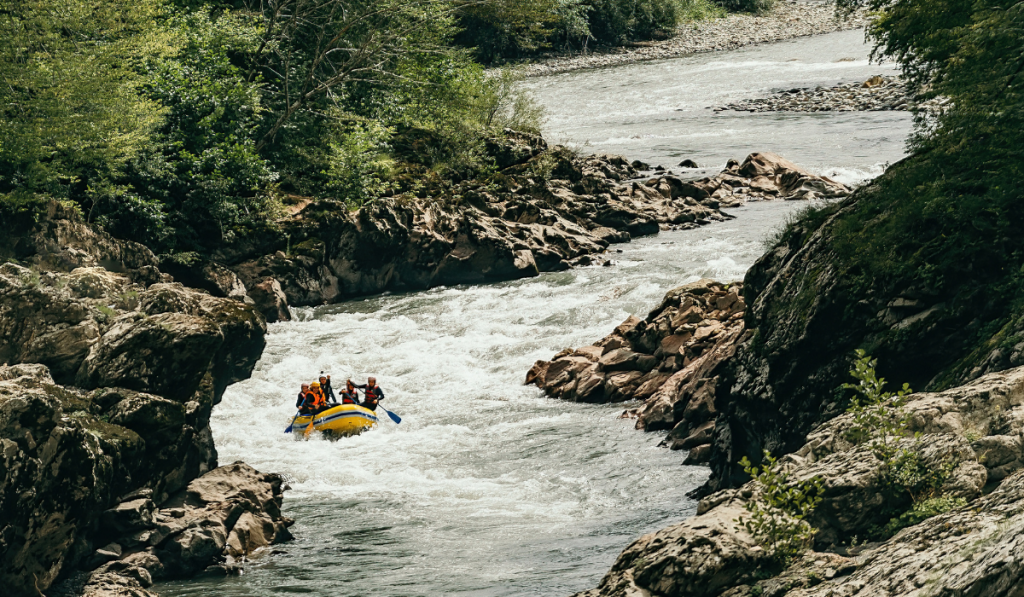
Learn to Own Your Space Outdoors
One of the biggest challenges to enjoying the outdoors is learning to take up your own space. Larger people seem always to be worried about getting in the way.
If you’re whitewater rafting for the first time, then you’re going to be in a group. You can’t afford to get hung up on whether you’re slowing people down.
Own your space and remember that you’re paying just like the rest of them and that you can be an equal participant no matter what.
Some Companies Have Weight Limits
Whitewater rafting companies usually post weight limits. They do this out of safety concerns for the raft’s capacity and water conditions on the river.
Too much weight on one side of the raft can increase the risk of it tipping over.
For heavier people, weight limits are always a bit scary. Even if you’re within the guidelines, it’s easy to have second thoughts.
For peace of mind, check out any company’s website for weight requirements. If you can’t find any and want to be sure, call them. Avoid any unpleasant situations when you show up dressed to go.
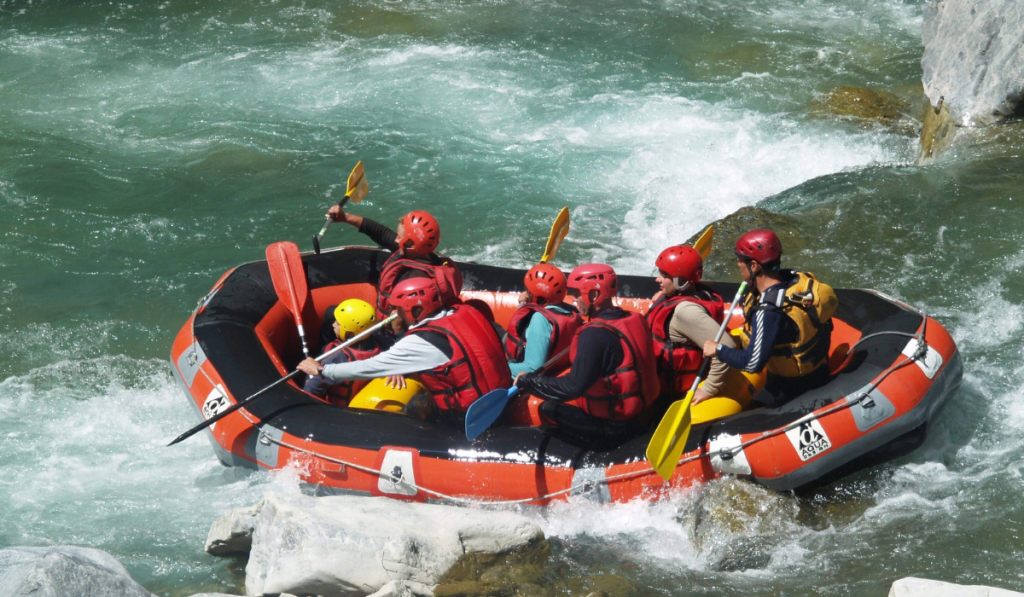
What You’ll Be Up Against
If it’s your first whitewater rafting experience, you should know that, at some point, you may end up in the water.
Getting back in the raft after being thrown overboard is hard for anyone, but it can be doubly challenging for larger body types. Even professional whitewater rafters typically have to use ropes and other means to get back on board.
The guide you hire to take you down the river will also likely make adjustments when you get on the raft. Weight must be balanced as you go down the river so the guide knows how to best maneuver through the rapids.
If they ask you to move to the back, to the front, or switch sides, it’s not because they don’t want you there. They’re just trying to make sure everyone enjoys the experience safely.
If you do go overboard, you’re going to need to swim! No surprise there, but the rapids can make it almost impossible to stand up even in shallow water.
You’ll have to look out for rocks and other objects in the water, so you should be a good swimmer before you go rafting.
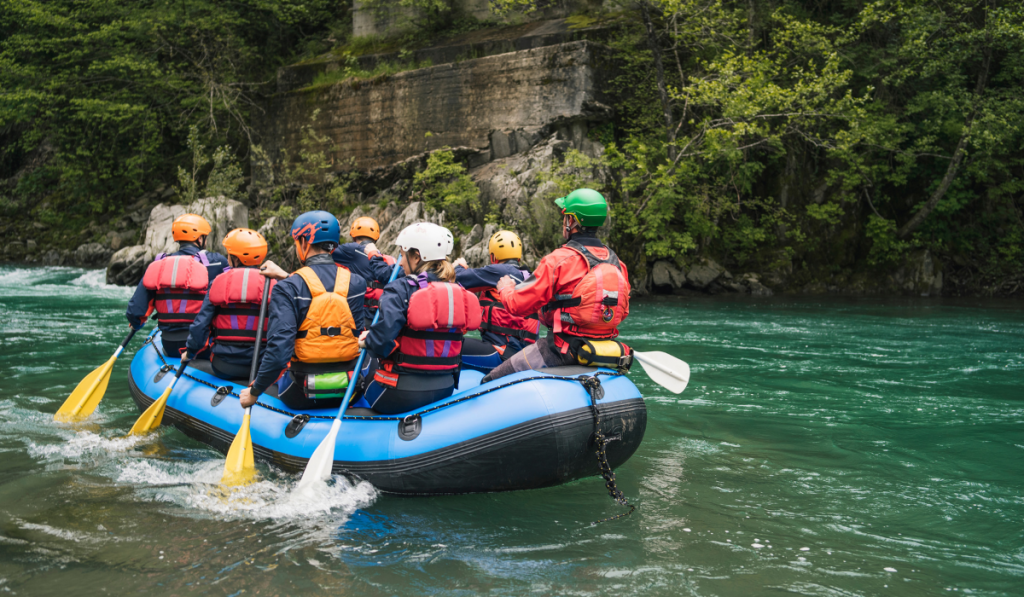
What Happens When There Aren’t Weight Limits
Nowadays, it’s easier to find raft companies and outfitters with no weight limits.
Newer rafts are built to be more stable in the water. They can hold more people and more weight than older rafts.
Even if weight ever becomes a concern, the outfitters can accommodate guests by limiting the number of people on the raft or changing the route. Still, whitewater rafting is a very physical activity.
Here’s some of what you can expect.
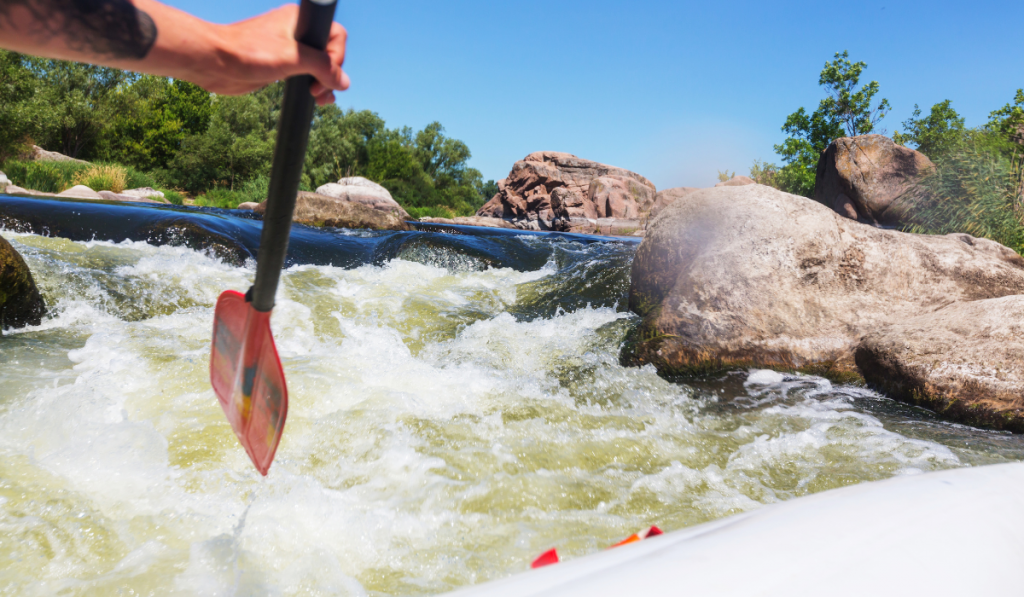
A Lot of Padding
That’s right; you’re going to be paddling.
Expect a good workout.
Most rivers have short, intense areas of rapids followed by lulls in the water. Yes, the river moves, but guests will need to paddle to get the raft in position to enter rapids from different positions.
Equipment Is Required
Depending on your size, you may run into issues when it comes to finding suitable equipment.
Usually, whitewater rafters need the following gear:
- Helmets
- Life Vests
- Water Shoes
- Paddles
If you think the fit will be an issue, you may want to purchase or rent before you go.
Get Fit Before You Go
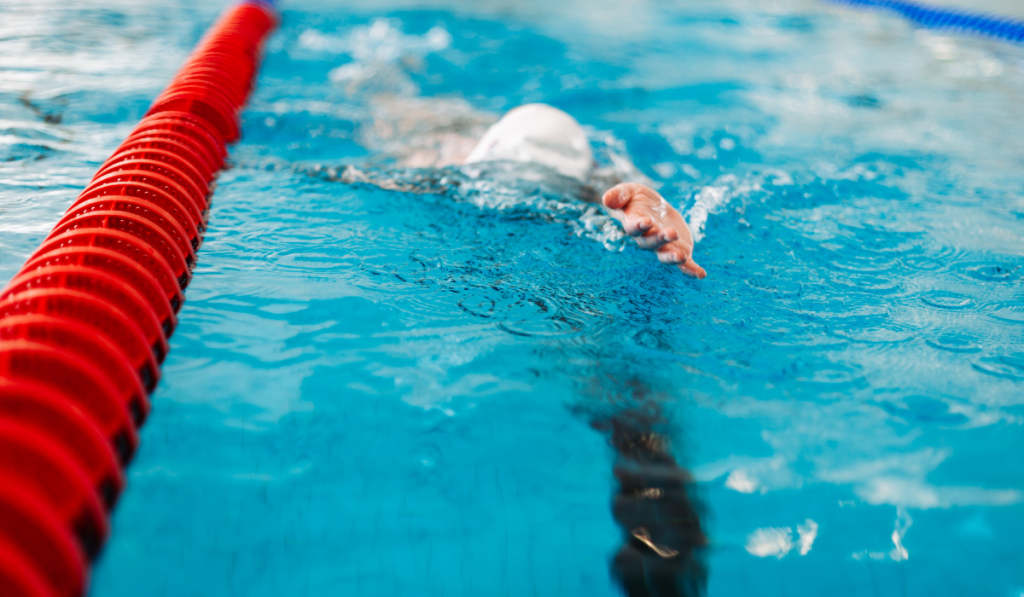
We’ve already mentioned that you should be a good swimmer and that getting back in the boat will be a challenge if you fall out.
However, overall, you should do what you can to be as physically fit as possible before you go.
Whitewater rafting isn’t a casual activity. It’s physical outdoor fun that is a lot of work!
You need to be able to get up and move as well as react quickly to instructions from your guide.
Find out how intense the rapids where you’re going are and start getting fit to guarantee you can handle it.
Get Out on the Water
Most people live near some sort of body of water. If it’s been a while since you were in a lake or river, then get your gear and find time on the weekend to get wet.
Even if it’s in a pool, start spending more time in the water.
Paddleboarding and swimming are great exercises that improve your balance and increase your cardio strength.
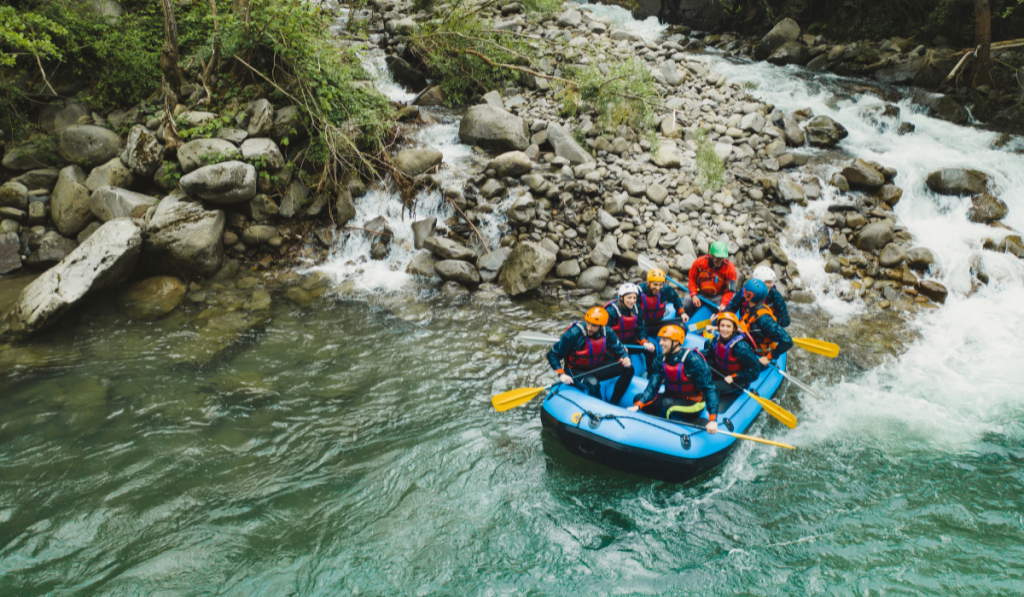
Give Whitewater Rafting a Go!
Overall, whitewater rafting is a fun, intense outdoor activity that’s enjoyable for people of all shapes and sizes. Depending on where you are with regard to physical fitness, find something at your level and look for an outfitter with experience catering to larger people.
You’ll be hooked in no time with the right gear and a good guide! There’s a good chance you’ll see other larger people on the water or in your raft with you. All it takes is time and experience for people to believe that they belong on the water.
